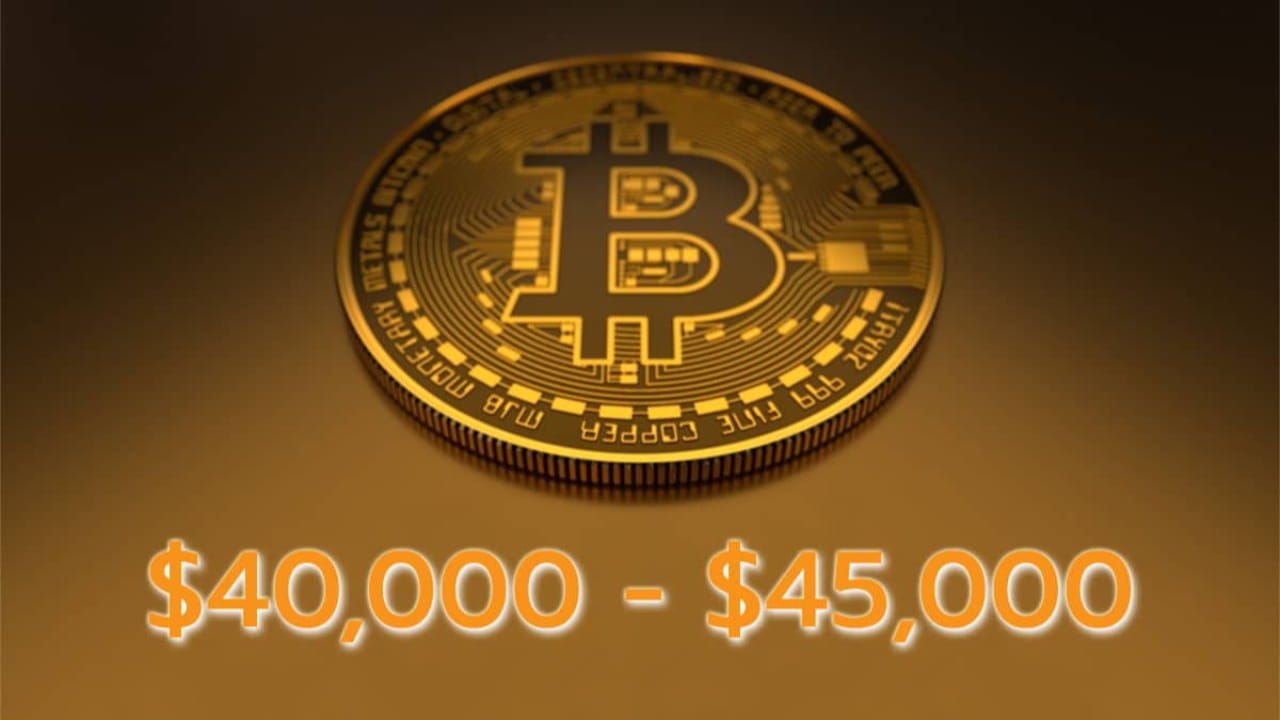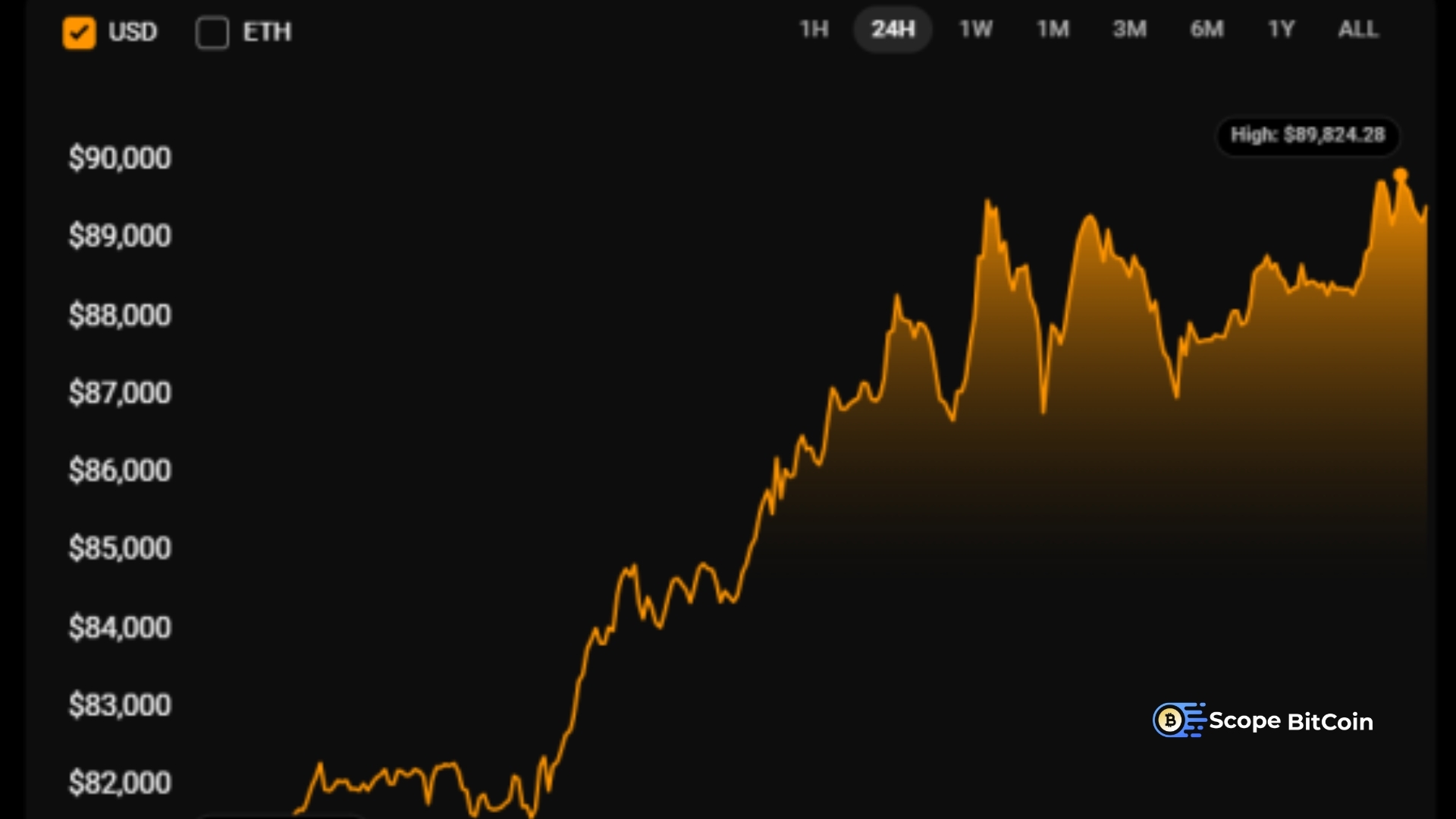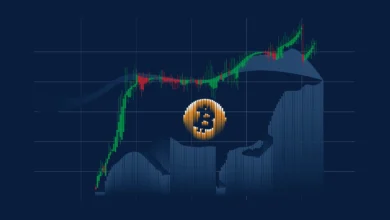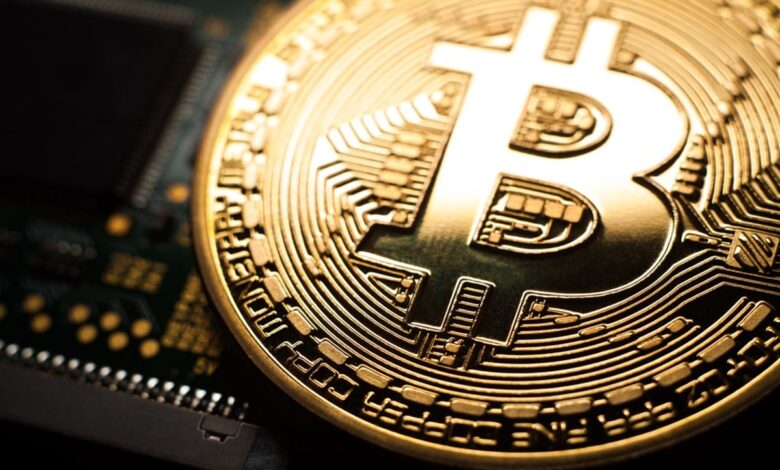
Bitcoin’s Stability Amid Global Trade Fears & Trump’s ETF Impact
Given global trade fears and market fluctuations, Bitcoin (BTC) is staying firm above $105,000 today, a rare feat in the volatile Cryptocurrency market. As trade conflicts, inflationary pressures, and geopolitical concerns continue to cloud the financial climate, Bitcoin’s flat performance has raised questions about its status as a safe-haven asset.
There are also some interesting developments happening with regulations, such as the advancement of former U.S. President Donald Trump’s proposed Bitcoin exchange-traded fund (ETF). This might have a significant impact on the future of the asset. This essay examines these crucial aspects and explains why Bitcoin remains at this price level, as well as how external factors, such as trade uncertainty and the Trump ETF, could impact its price in the short term.
Bitcoin’s Stability Amid Global Economic Uncertainty
Bitcoin’s current price of $105,000 is a sign that the cryptocurrency is stable, especially given the unpredictability of world markets. Bitcoin has historically reacted strongly to changes in the global economy. For example, it has increased during periods of inflation and uncertainty, or decreased when traditional markets have risen. However, the digital asset’s current performance, which has remained stable around $105K, suggests that investors’ sentiments have shifted.
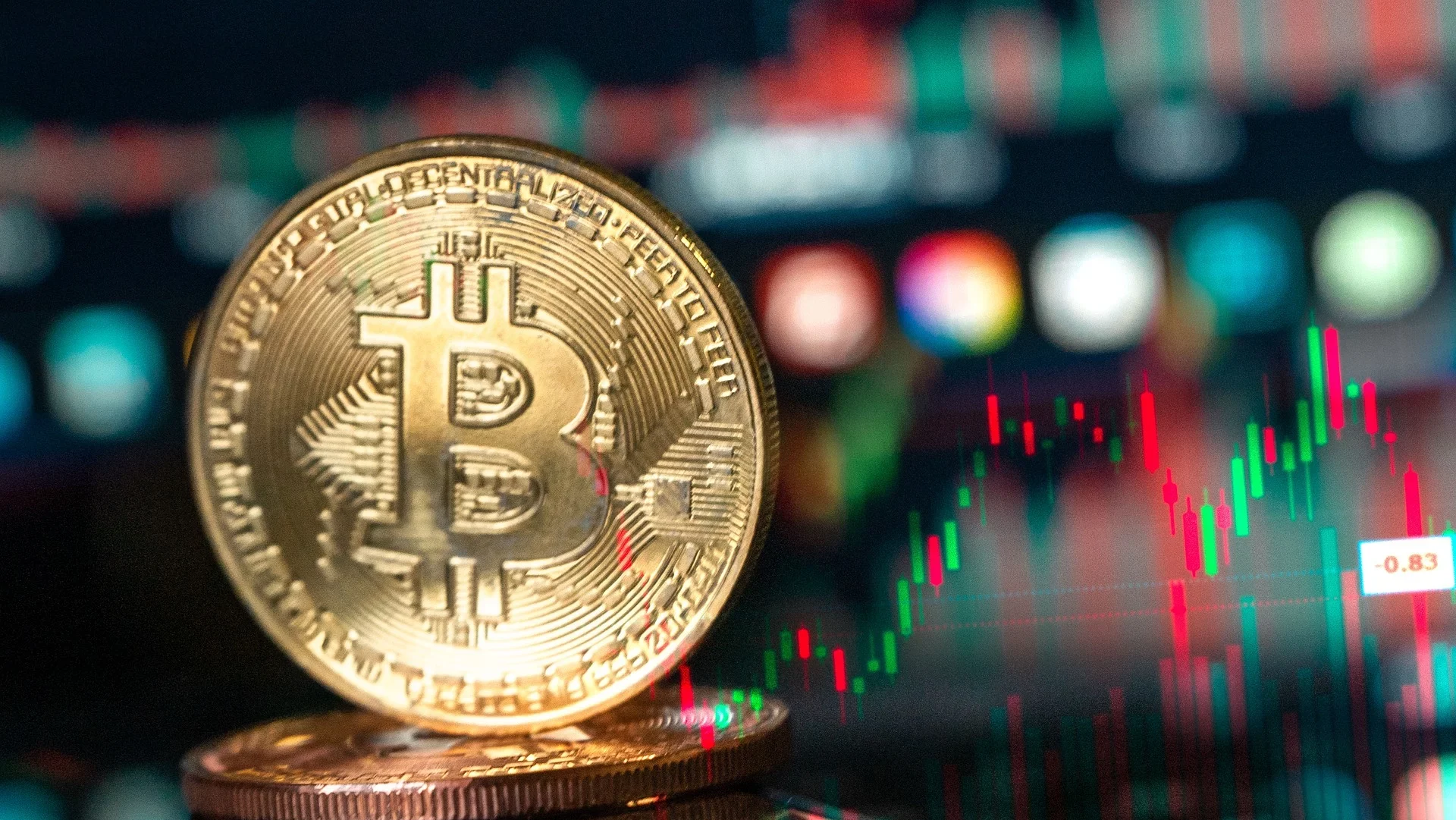
There are several reasons why Bitcoin is where it is today. It appears that the primary concern is the ongoing trade uncertainty between the world’s largest economies. The trade war between the U.S. and China continues to have an impact on global trade relations, affecting everything from tariffs on goods to concerns over intellectual property. These tensions have caused traditional markets to fluctuate, but Bitcoin remains relatively stable for now. It appears that investors are waiting and seeing, rather than making significant changes in either direction.
Additionally, concerns about inflation, particularly in the U.S. and Europe, have prompted many investors to view Bitcoin as a store of value, similar to gold. This means that Bitcoin is still regarded as a reliable means of protecting against inflation and the devaluation of fiat currency, even when its price isn’t fluctuating significantly.
Geopolitical Tensions and Bitcoin’s Market Stability
Bitcoin’s stability remains dependent mainly on geopolitical issues. The war between Russia and Ukraine is making trade problems worse all over Europe and North America. This is causing problems with the supply chain and increasing prices for essential goods such as food and energy. Bitcoin is a decentralized digital asset, so these trade problems don’t directly affect it. However, the price of Bitcoin is influenced by the level of risk investors are willing to take.
Additionally, the trade disputes between the U.S. and China, as well as concerns about the emergence of other digital currencies, including China’s digital yuan, have heightened global market uncertainty. In such situations, Bitcoin’s status as a borderless, non-governmental asset continues to appeal to individuals seeking to diversify their investments beyond traditional financial systems. Still, traders are being careful because the market isn’t pushing Bitcoin higher.
Impact of Trump’s Bitcoin ETF on Market Adoption and Price
Donald Trump’s planned Bitcoin ETF is one of the most significant developments that could affect Bitcoin’s price and popularity. The former president and major banks have been advocating for a Bitcoin ETF that would enable investors to trade Bitcoin without owning it. This might provide traditional investors with a more regulated and transparent way to profit from Bitcoin’s growth. In contrast, complying with financial transaction laws.

The Trump-backed Bitcoin ETF has garnered significant attention since its approval, as it could potentially lead to more institutions accepting Bitcoin and other cryptocurrencies. As of now, talks on the Trump ETF are still in their early phases. The U.S. Securities and Exchange Commission (SEC) and other regulatory authorities are currently reviewing the plan. If this is allowed, it would be a significant step toward integrating Bitcoin into regular financial markets, potentially leading to a substantial increase in demand from institutions.
Bitcoin’s price might change significantly if the Trump ETF is approved or rejected, especially since the rest of the market is paying close attention to regulatory changes. If the ETF receives the go-ahead, Bitcoin may see a fresh wave of institutional investment, which could raise its price. However, until this judgment is made, the market remains cautiously optimistic, which is likely why Bitcoin’s price has remained at $105,000.
Final thoughts
The future of Bitcoin remains uncertain, but the current price of $105K suggests that the market is on hold. Awaiting significant events outside of Bitcoin to unfold. The long-term cost of Bitcoin will be influenced by the resolution of trade tensions, the ongoing development of regulatory frameworks, and the adoption of projects like the Trump ETF.
However, one thing is clear: both individual and institutional investors are beginning to view Bitcoin as a decentralized, alternative asset. This growing acceptability could eventually lead to increased demand. Which, along with global economic challenges, could push Bitcoin’s price even higher.
Trade policy, inflation, and regulation could affect Bitcoin’s performance in the coming months. As global markets shift, the cryptocurrency’s standing as a store of wealth and speculative asset will be tested.

